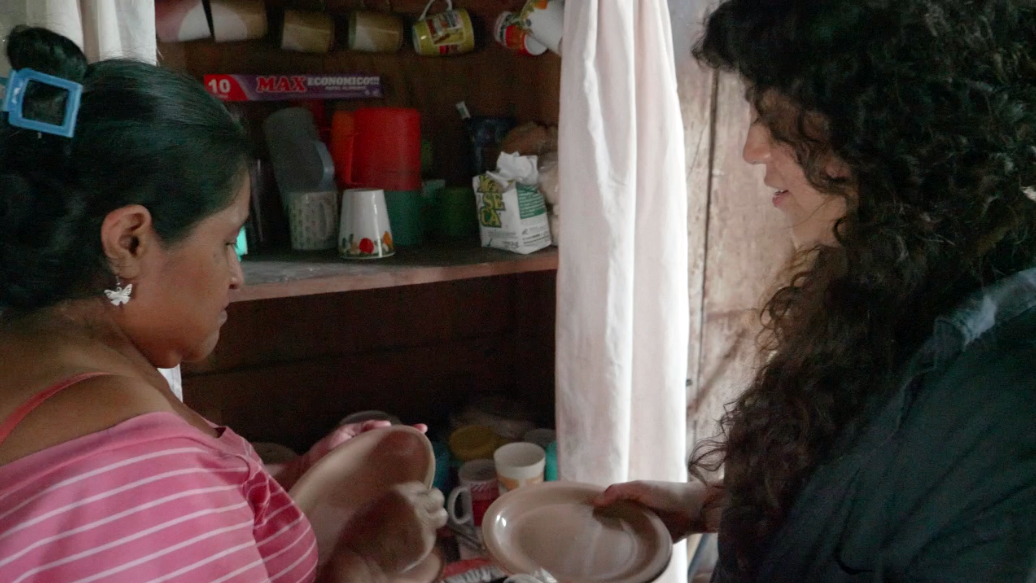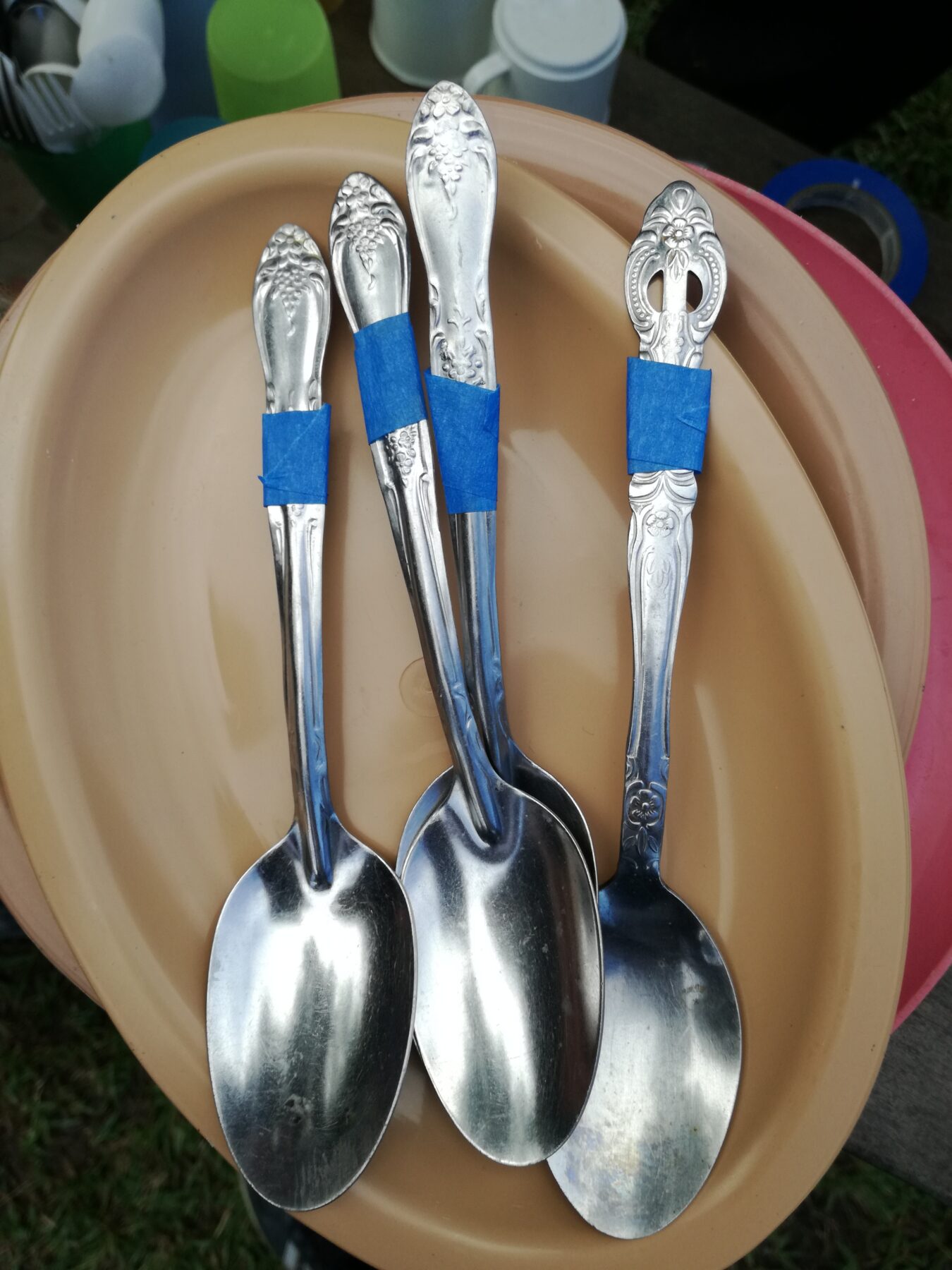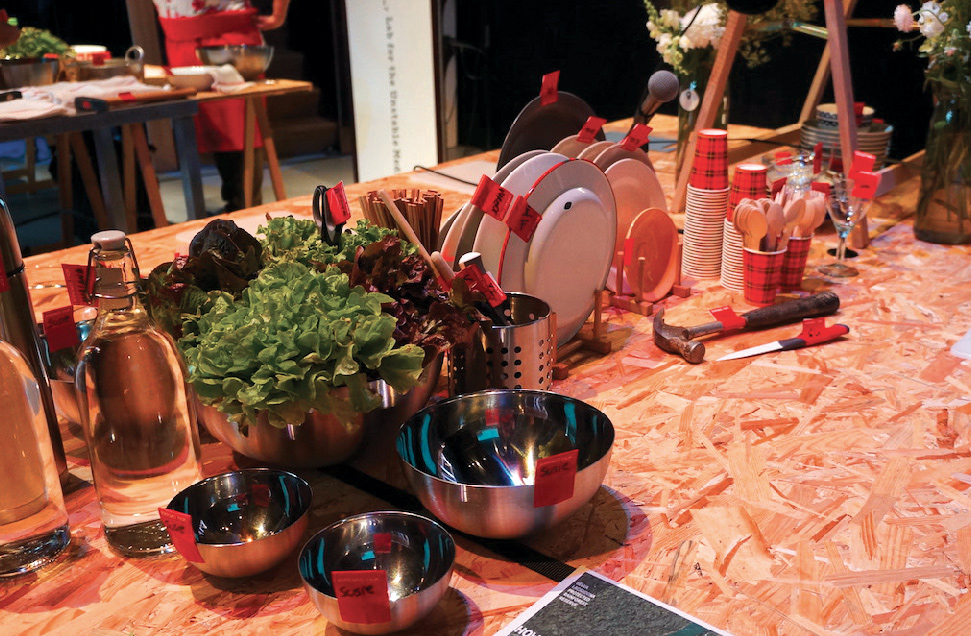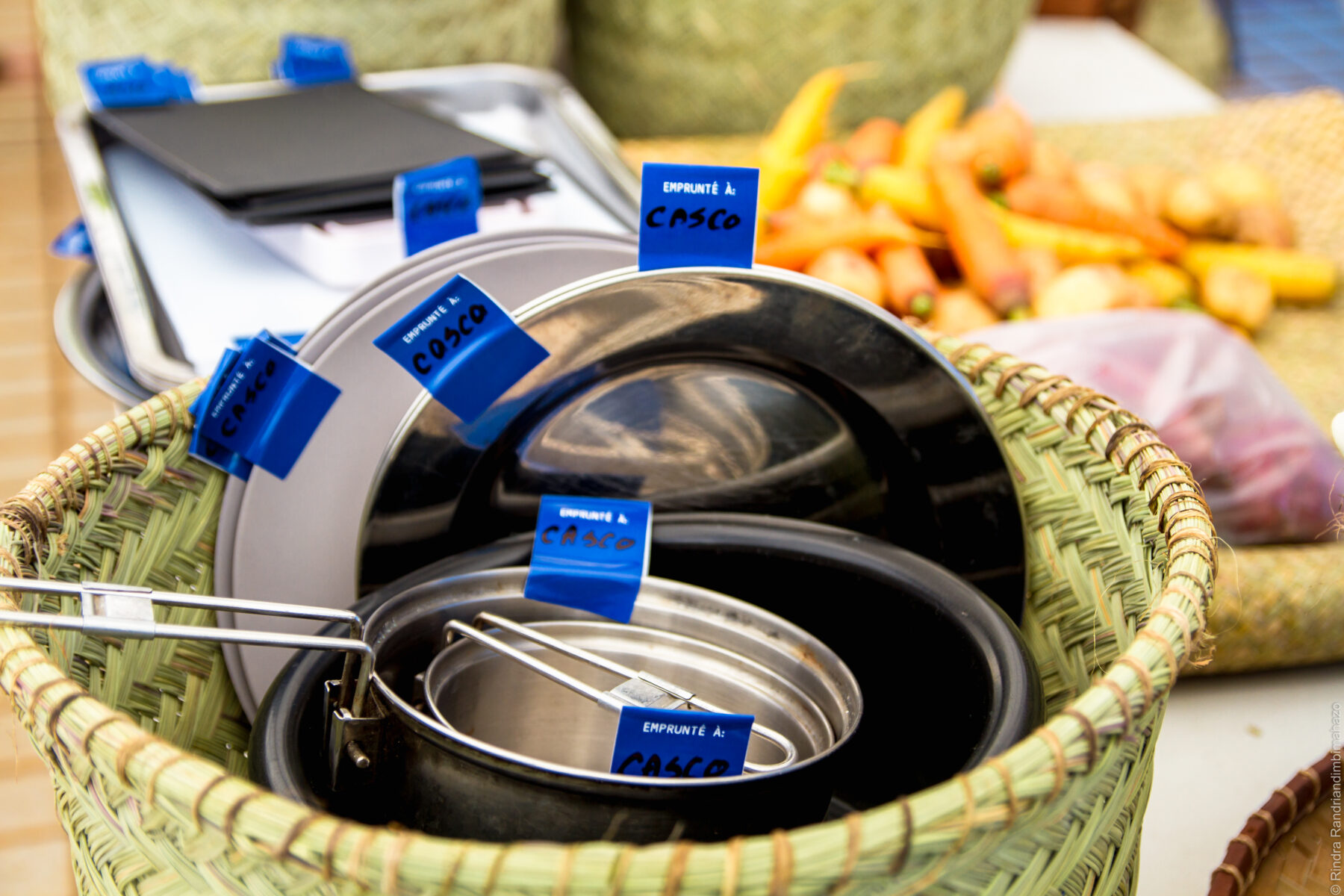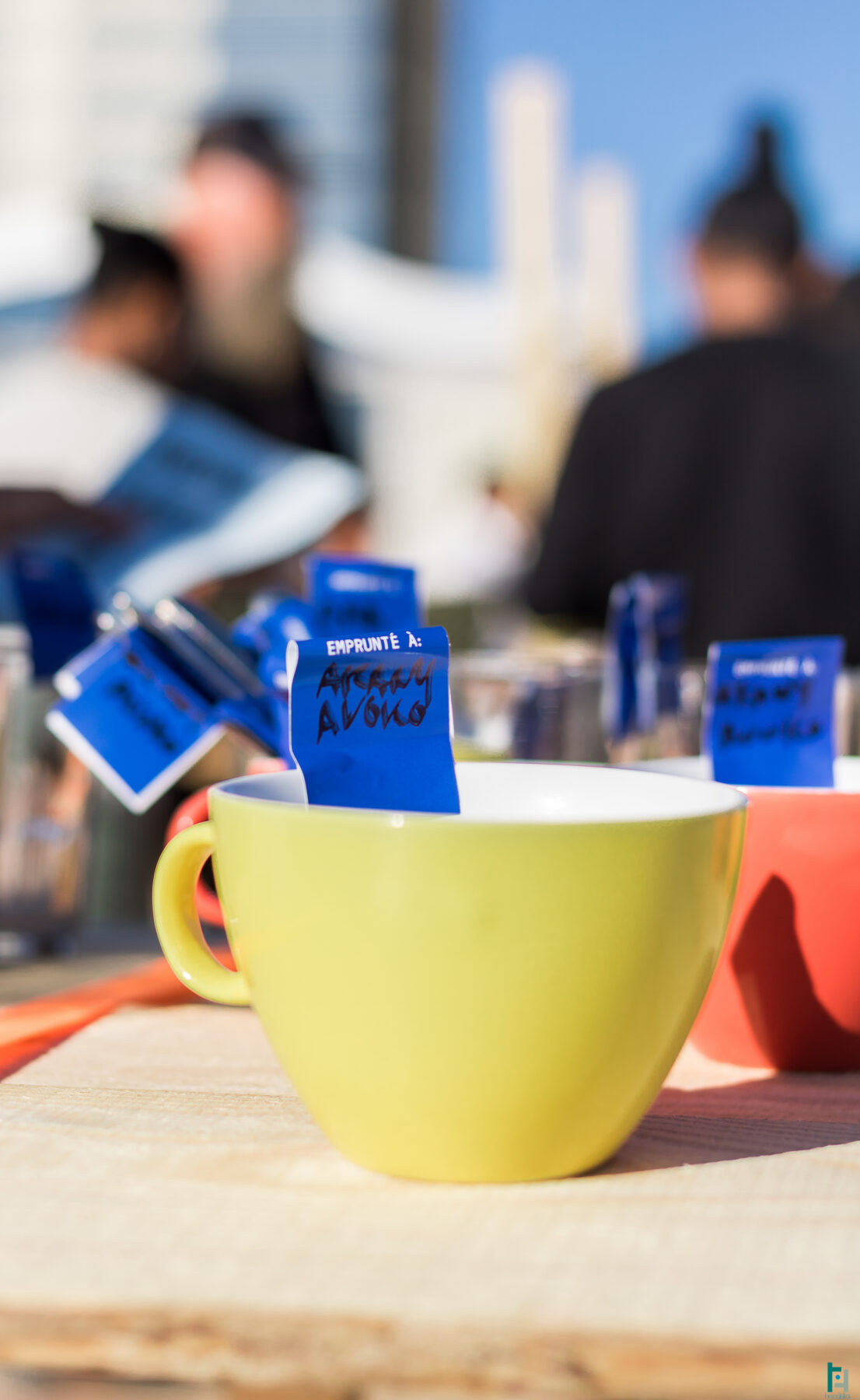Stone Soup Principle
Building up a kitchen collectively
The Street Kitchen Actions in the 2018 pilot were made possible by community participation. As well as the ingredients coming from the farmers of each Ejido, the kitchen tools were also shared. Our team intentionally started the actions with a few tables, some ingredients, a frying pan, a knife and a cutting board, and little kitchen ware. In principle these tools were not enough for 30 people to cook and eat. In preparation, utensils were requested from neighbours of each community – or location where the action took place – adding on to the kitchen that Cascoland brought in. The making of this kitchen became a collective action that can only happen with collaboration, while reaching out to participants to join the cooking exchanges.
This tool was further developed into a scheme for inviting neighbours at the Mobile Lab Kitchen events in Rotterdam, Fort Asperen and Madagascar.
